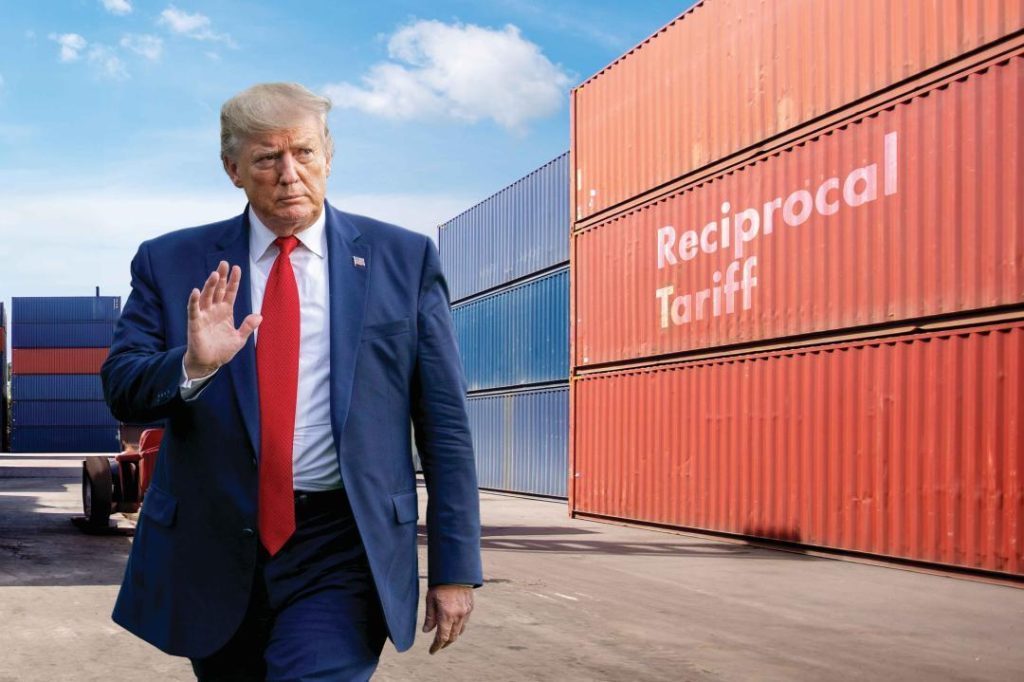
The Great Tariff War: Disruption, Diplomacy, & the Future of Trade
The global trade landscape has been in a state of flux since the US-China trade war began in 2018. The latest development in this saga is the US’ decision to impose tariffs on several Indian goods, sparking concerns about the potential impact on global trade. In this blog post, we’ll delve into the implications of the tariff war, the current state of trade negotiations, and the opportunities that India can capitalize on as a result.
Background: The US-China Trade War
The US-China trade war began in 2018 when the US imposed tariffs on $50 billion worth of Chinese goods, citing intellectual property theft and forced technology transfer. China retaliated with tariffs on $50 billion worth of US goods, leading to a tit-for-tat escalation that has seen tariffs imposed on hundreds of billions of dollars’ worth of goods.
The trade war has had far-reaching consequences, including a slowdown in global trade, supply chain disruptions, and increased costs for businesses. The US has also imposed tariffs on goods from other countries, including India, as part of its “America First” policy.
India: A New Alternative?
Amidst the chaos, India has emerged as an attractive alternative to China for global companies looking to diversify their supply chains. The country’s strategic location, skilled workforce, and business-friendly policies have made it an attractive destination for foreign investment.
The Indian government has been actively courting foreign investors, offering incentives such as tax breaks, subsidies, and infrastructure development. The country’s economic growth rate has been steady, with the International Monetary Fund (IMF) predicting a growth rate of 7.4% in 2022.
India’s manufacturing sector has been growing at a rapid pace, driven by the government’s “Make in India” initiative. The country has become a major hub for pharmaceuticals, textiles, and automotive components, among other industries.
The tariff announcement comes amid ongoing trade negotiations with the US, aiming for a bilateral trade agreement targeting a $500 billion trade goal by 2030. India has been actively pursuing trade agreements with other countries, including the UK, EU, and ASEAN nations.
Impact of Tariffs on India
The US’ decision to impose tariffs on Indian goods has sent shockwaves through the Indian economy. The tariffs will affect a range of products, including steel, aluminum, and textiles. India has retaliated by imposing tariffs on 28 US goods, including almonds, apples, and walnuts.
The tariffs will increase the cost of imports for Indian companies, making it more expensive to produce goods. This could lead to a slowdown in economic growth, as companies adjust to the new tariff regime.
However, experts believe that the tariffs could also present an opportunity for India to strengthen its position as a global manufacturing and logistics hub. The country’s strategic location and skilled workforce make it an attractive destination for foreign companies looking to diversify their supply chains.
Diplomacy and the Future of Trade
The tariff war has highlighted the need for diplomatic efforts to resolve trade disputes. The US and China have been engaged in talks to resolve their trade differences, with both sides making progress on issues such as intellectual property protection and forced technology transfer.
India is also actively engaging with the US to resolve trade disputes. The two countries have been holding talks to resolve issues such as tariffs on steel and aluminum, as well as agricultural trade.
The future of trade will depend on the ability of countries to work together to resolve disputes and promote free and fair trade. The US-China trade war has shown that tariffs can be an effective tool in negotiating trade agreements, but they can also have unintended consequences for global trade.
Conclusion
The tariff war has disrupted global trade, leading to supply chain disruptions, increased costs, and uncertainty. However, India has emerged as an attractive alternative to China, offering foreign companies a new destination for investment and trade.
The tariff announcement is an opportunity for India to strengthen its position as a global manufacturing and logistics hub. The country’s strategic location, skilled workforce, and business-friendly policies make it an attractive destination for foreign investment.
The future of trade will depend on diplomatic efforts to resolve trade disputes and promote free and fair trade. The US-China trade war has shown that tariffs can be an effective tool in negotiating trade agreements, but they can also have unintended consequences for global trade.
References:
https://www.logisticsoutlook.com/supply-chain/the-great-trump-tariff-war






